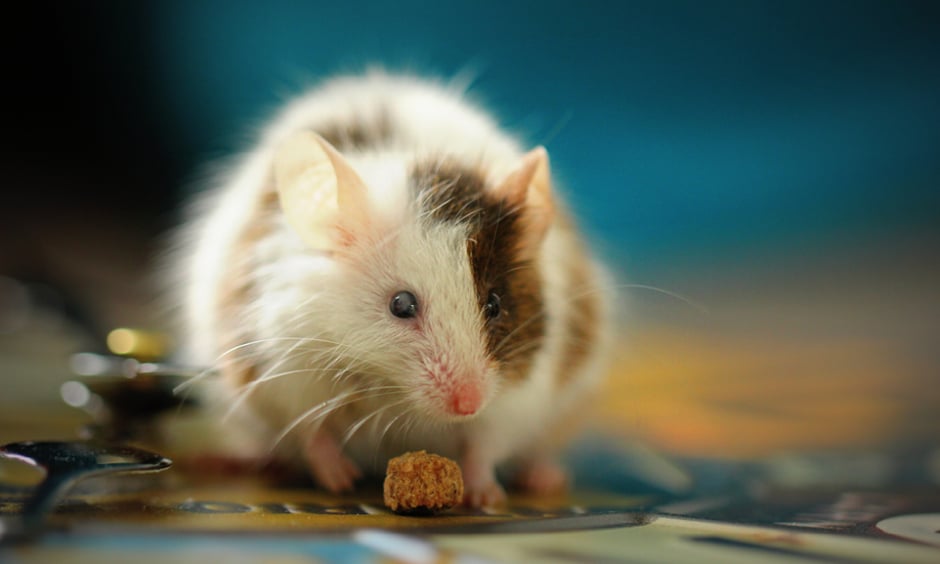BISPHENOL A (BPA) is a compound that can mimic oestrogen and is found in plastic containers. It has been suggested that low-level exposure could raise concerns for health, particularly in fetuses and children. A recent study has shown that in mice, the immune response activated by BPA may present itself in further generations.
In utero BPA exposure has been linked to the onset of childhood asthma. Results from previous studies have shown that administration of BPA in pregnant mice causes asthma-like symptoms in both the mother and their offspring. Researchers from the University of Texas, Galveston, Texas, USA, carried out a study in pregnant BPA-treated mice and their following three generations through analysis of proteins released from their immune cells. In BPA-exposed mice and mice in the control group, mass spectrometry was used to compare these proteins. The results revealed proteins associated with activation of the innate immune system and antiviral defence were higher in BPA-exposed mice and the succeeding generations included in the study. The BPA-exposed mice and their subsequent generations produced approximately twice as much of ZDHHC1, a protein highly detected in response to oestrogen, compared to the mice in the control group. The researchers also identified changes to histone modifying enzymes: alterations likely to influence heritable adaptations in gene expression. Resultantly, the study suggested that offspring and further generations of the BPA-exposed mice who had not been exposed to BPA themselves could inherit DNA expression modifications which generates abnormal immune system activation.






